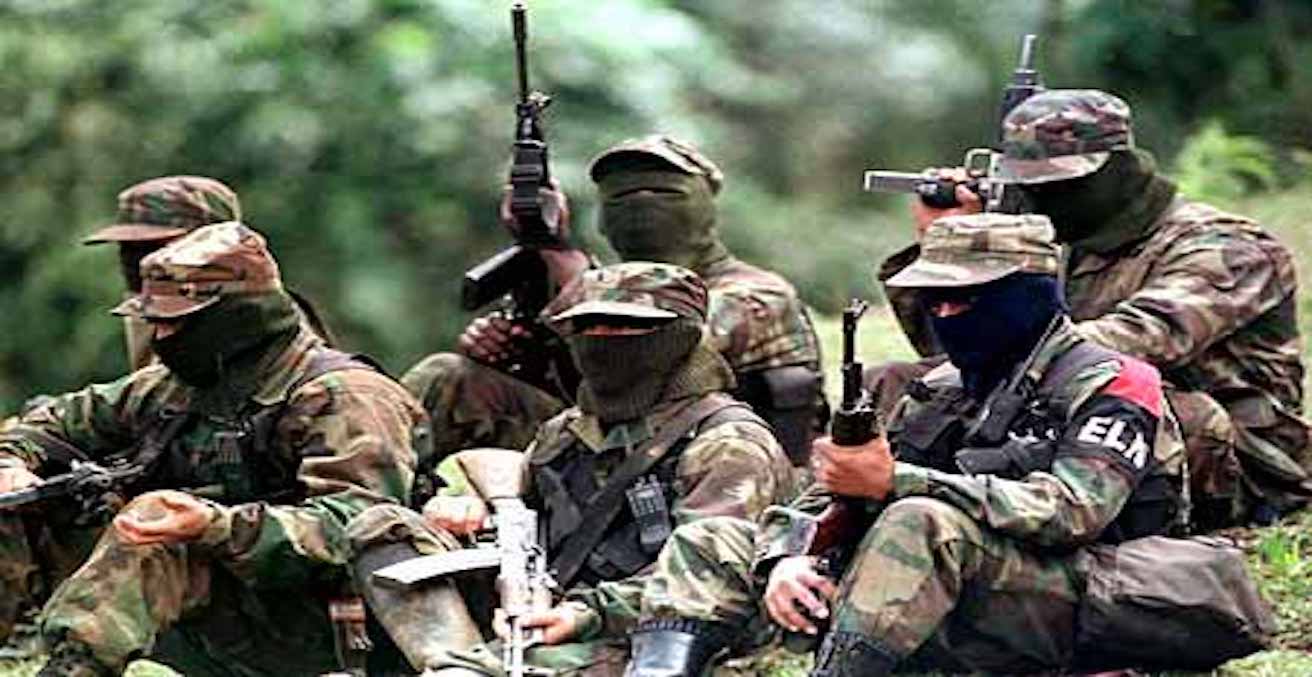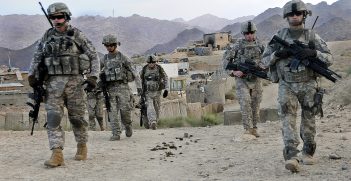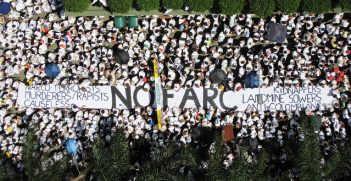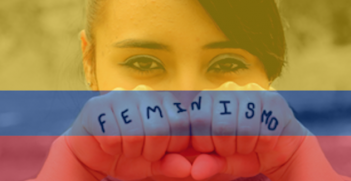Colombia's Peace Put to the Test

The recent announcement by the former commander the Revolutionary Armed Forces of Colombia (FARC), Ivan Marquez, could reignite an insurgency in Colombia and impede the ability to achieve peace.
The Peace Agreement
Negotiations started in 2012 in Cuba, with the signing a peace accord in 2016. This opened tangible possibility of ending a long story of violence, killing and suffering. The process, accompanied by several national and international organisations has been tremendously complex and polemic. Public opinion is divided, as shown by the results of the plebiscite that took place in October 2016, where Colombians voted no by a slim margin when asked if they supported the final agreement for the conclusion of the armed conflict and the construction of a stable and lasting peace.
Most detractors of the agreement consider it too generous to former Revolutionary Armed Forces of Colombia (FARC) combatants, since it includes diverse measures seeking to reincorporate them into legal activities, such as providing a wage to former guerrilla members, penalty reduction or the transformation of FARC into a political party known as the Common Alternative Revolutionary Force.
The tensions between peace and justice are common in this kind of process, posing serious ethical dilemmas: is reaching peace more important than providing justice? In the short term, sacrificing or postponing justice can increase peace by reducing direct violence, but in the long run, if there is no culture of forgiveness, then a lack of justice may fuel long-term resentment leading to lower levels of peace.
The agreement is comprehensive and ambitious, and therefore difficult to implement. In this sense, there are contradicting signals: on the one hand, there is promising progress that shows good will on both sides to fulfil the commitments of the agreement. On the other hand, President Duque’s obligation to these agreements appears to be questionable. According to the Kroc Institute for International Peace Studies at the University of Notre Dame, members of the International Verification Component for Colombia’s peace agreement implementation process, said that as of 28 February 2019, 69 percent of the commitments in the final agreement are in the process of being implemented, and 23 percent of these commitments have been fully implemented.
President Duque, who was elected in 2018, has been questioned about his intention to honour the agreements. He has criticised the process and many think he has not supplied enough human and financial resources to comply with the commitments. Additionally, the murder of hundreds of activists and community leaders remain unpunished, increasing uncertainty among the participants of the peace process.
What is at stake?
Ivan Marquez’s return to insurgency is worrying. Even if it doesn’t debilitate the agreement, his disengagement makes evident a worrying decrease in trust, something that took years to create. Being a long-term endeavour, the peace agreement requires continuity and trust among all sides. This means institutional strategies and programs that will remain after the change of administration or actors in public positions.
In the face of Marquez’s posture, the Colombian government is more than ever obligated to deliver results on the agreement and reduce the number of pending commitments. However, this bad news could also be an opportunity to consolidate the relationship with the former combatants that have stayed and to legitimise the benefits they are getting. Rodrigo Landoño also known as Timochenko, former supreme commander of the FARC, has said that more than 90 percent of demobilised guerrilla members remain committed to the agreements, and he has publicly asked them not to join Marquez’s return to the fight.
Landoño has also called president Duque to show a clearer and stronger commitment since the credibility of the Colombian government, and most importantly, peace in Colombia are at stake. He now leads the new FARC, the political party that is competing in elections.
Positive Peace perspective
The path to building peace is not linear nor simple, but complex and uncertain. For peace to be sustainable, the attitudes, institutions and structures of the society must be transformed. Creating new, more just and balanced relationships between the different members of society. Concepts such as Positive Peace seek to tackle the roots of violence and not just the manifestations of it.
Several experiences have shown that in the absence of the state or in its failure to create optimal conditions for development, communities become vulnerable and more prone to resort to violent ways. Considering this, peace and reconciliation in Colombia will not depend on Ivan Marquez participation in the process, but on the capacity of all actors to improve living conditions of the underserved population.
The peace accord signed in Havana focuses on the well-being of the poorest communities and aims to close some of the gap between the rural and urban regions. It is also the first agreement of its type that has brought both victims and perpetrators to the negotiation table.
According to the Institute for Economics and Peace (IEP), long-lasting peace is sustained by eight interconnected factors called the eight Pillars of Positive Peace. These elements function as a system and interact in a way that no one pillar can change without affecting the other seven.
IEP’s Global Peace Index 2019, ranks Colombia in position 143 of 163 countries measured on negative peace indicators, but it is ranked 63 on Positive Peace, showing a Positive Peace surplus that represents Colombia’s capacity to achieve a for long dreamed sustainable peace.
Peace processes are not free of setbacks and these are the times to increase efforts and collectively imagine a different and better Colombia. Perhaps the clearest evidence of hope for the process is how pregnancy has significantly increased among former guerrilla members. Perhaps they see a brighter future for their country, one where it is worth bringing children to live.
Carlos Juarez is the program director in Mexico at the international non-profit think tank the Institute for Economics and Peace.
This article is published under a Creative Commons Licence and may be republished with attribution.





